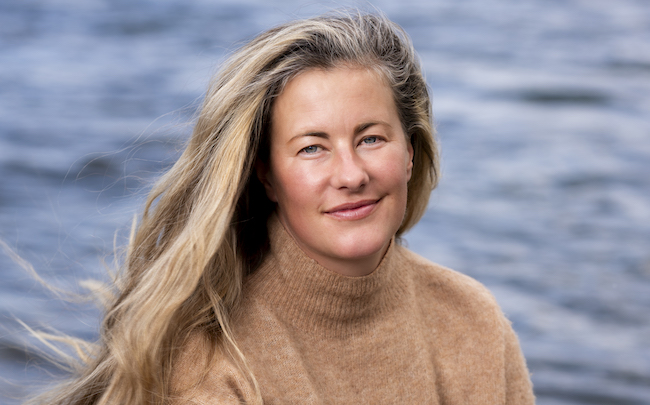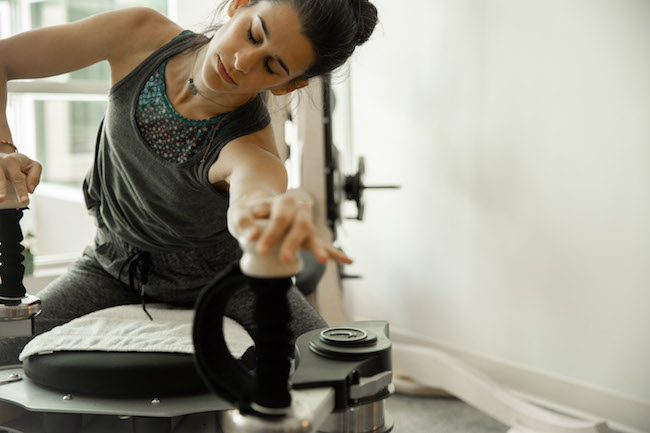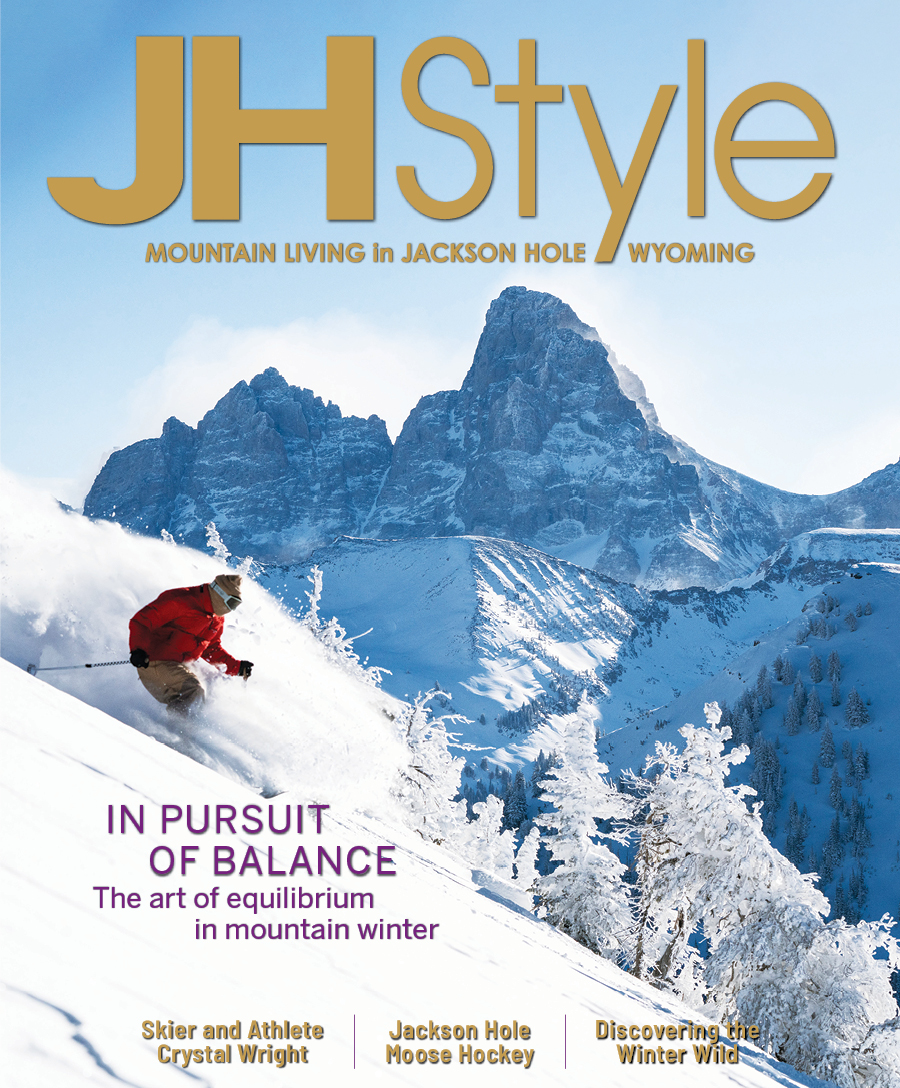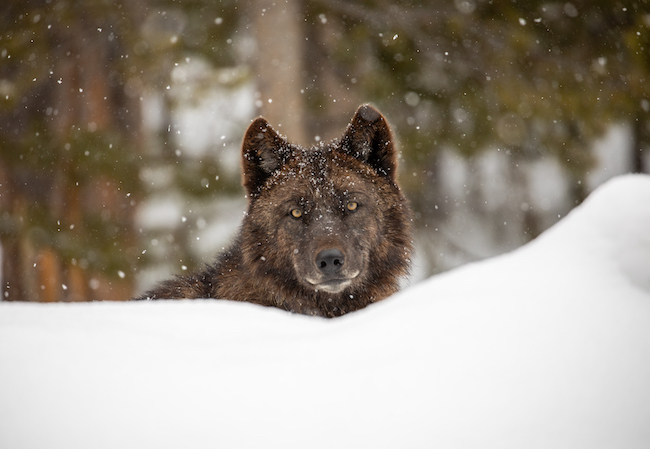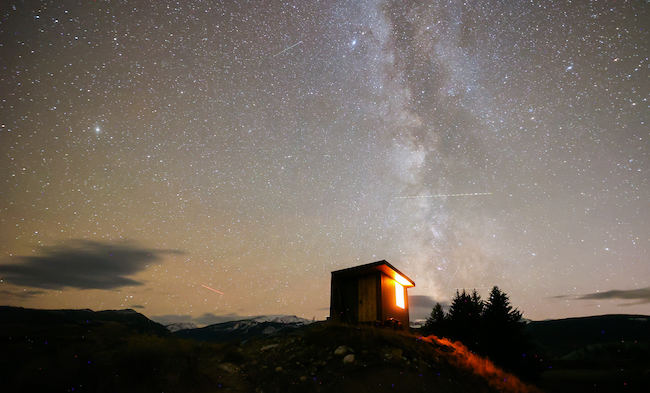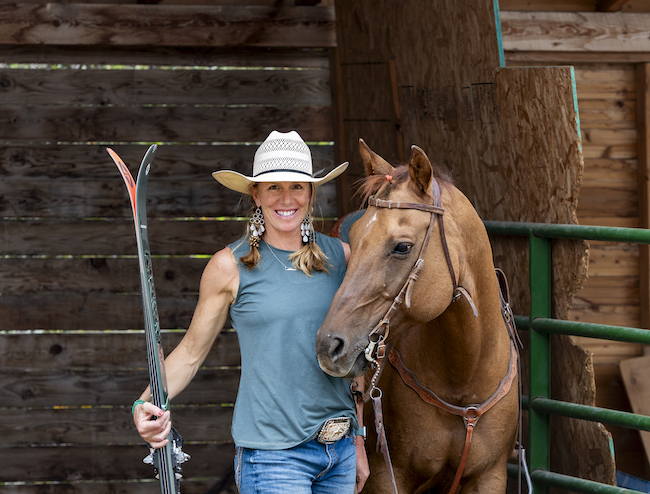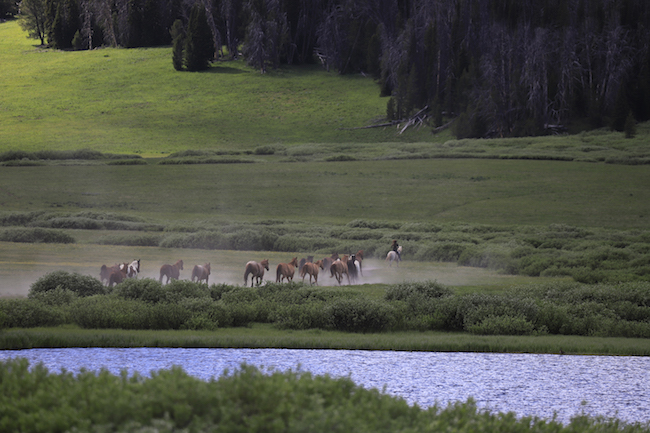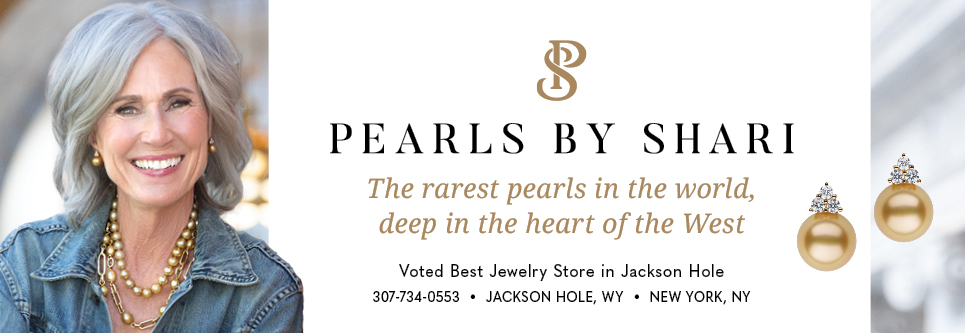Wellness Elevated
01 Dec 2024
Truly thriving in the mountains of Jackson Hole, WY takes many forms
Winter/Spring 2025
Written By: Melissa Thomasma | Images: Visit Jackson Hole
Jackson Hole is, and always has been, a place of extremes. Winters are long, the blanket of snow gets quite deep and temperatures dip for weeks on end. The people who are drawn to this untamed space are similarly unique; many celebrated professional athletes call the area home, and countless other athletically-minded folks treasure the opportunities to push their limits and seek snowy adventure.
Whether you’re racing through the hills powered by a team of dogs, making fresh tracks on a backcountry slope, playing hockey on a frozen lake or something else entirely — the folks of Jackson Hole, simply put, go hard.
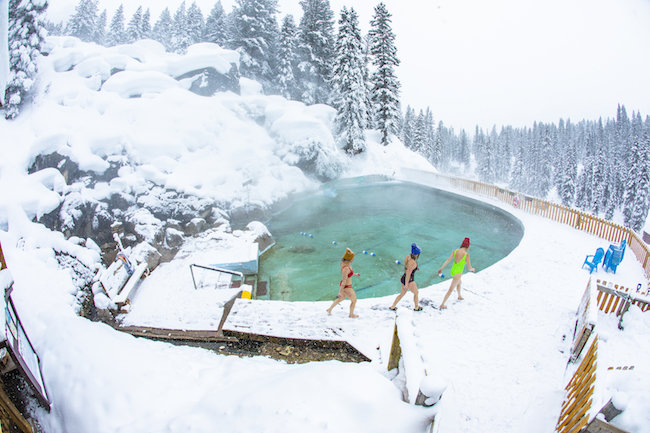
And while embracing these demanding exploits brings a great deal of joy and community, it can certainly take a toll: both on the body and the mind. It’s no surprise, then, that Jackson Hole collectively cares deeply about wellness.
That care shows up in a diversity of ways. Our community boasts world-class medical resources in the aftermath of an injury and excellent rehabilitation programs, but equally as many trainers and coaches dedicated to helping folks prevent and avoid accidents in the first place. Similarly, we are home to exceptional mental health providers, committed to supporting people through dark days and helping them climb internal mountains. But we also seek to care for one another’s minds and souls on a day-to-day basis, actively prioritizing our resilience and interconnectedness.
And at the end of the day, we treasure one of the most powerful wellsprings of peace and healing power that we have in Jackson Hole: the unsurpassed tranquility and beauty of the wild landscape that surrounds us. The uniqueness of this place is powerful; many find that no matter their chapter of life or health status, there’s something deeply healing about time in the Tetons.
The Physical
In the early 1900s, virtually any serious illness or injury could be fatal. Especially when one was hundreds of miles from the nearest hospital; even then, those facilities were a far cry from modern medicine. Jackson Hole had nothing of the sort when Dr. Charles Huff arrived in February of 1913.
The 24-year old physician arrived with $5,000 in debt and a paltry 16 cents in his pocket. But he jumped right in, first welcoming patients at the town’s hotel before transitioning to caring for community members in his home and making housecalls.
Care was rudimentary, but Dr. Huff was remarkably skilled. His daughter, Gretchen Huff Francis, later recalled her father’s heroic efforts to save lives in the valley. “I remember he removed Leonard Timmermeyer’s appendix in the office in our house and then he carried that man upstairs to the bed. I can’t come back here without someone coming up to me and want to show me the very small scar left from where Father took out their appendix. He could, apparently, do an appendectomy in four minutes and left practically no scar.”
Leaders at St. John’s Episcopal Church recognized the expanding need for medical care in Jackson Hole, and rallied other locals for the cause. In 1916, construction began on St. John’s Hospital.
Now an award-winning facility, St. John’s Health is a leader among small hospitals in the nation. Offering everything from emergency care to oncology, delivering babies to replacing adventure-worn joints, it serves the community in a wide diversity of ways. And blessedly, appendectomies take longer than four minutes now.
The Mental
Some degree of toughness was — and still is — required to thrive in a place like Jackson Hole. Early settlers possessed a high degree of grit to navigate the coldest months, isolated from other communities and with plenty of hard work to simply stay warm and fed until spring. Though basic survival tasks are far less burdensome now, it’s not always easy.
Days get short. Winter solstice delivers less than 9 hours of daylight. Below-zero temps can make folks feel cooped up, longing for the leisurely days of summer with outdoor concerts, farmers markets and relaxing river floats. The old-timers called it “cabin fever.” Then and now, it’s completely understandable if those winter blues roll around.
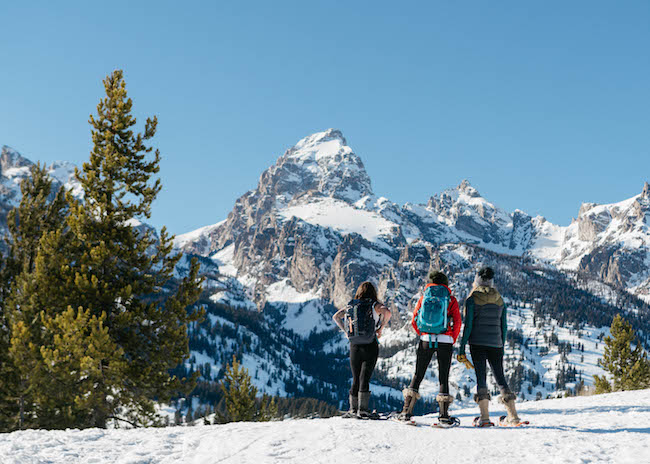
But what’s critical is not letting the toughness — or perceived demand for it — prevent people from seeking support. Heartbreakingly, Wyoming has one of the highest suicide rates in the nation. Additionally, thanks to causes that still baffle researchers, people who reside at higher elevations are at an even more increased risk for suicide.
While suicide is a topic far from uplifting to discuss, it’s just as important to community safety as avalanche awareness, wearing helmets and seatbelts, or knowing how to manage a backcountry emergency. It’s literally life or death.
Thankfully, organizations like the Mental Health & Recovery Services of Jackson Hole have been offering mental health resources to the community for over 50 years. Community members of all ages, regardless of their insurance coverage or ability to pay, are able to access a constellation of professionals to help them navigate whatever challenges they’re facing. 24 hours a day, compassionate help is a single phone call away for visitors and locals alike.
The Spiritual
Less tangible than the body, perhaps even less so than the mind, is the soul. While defining or locating it proves elusive, time spent in Jackson Hole reminds us of just how real it is. It calms when we see the pastel alpenglow of a crystalline evening, stirs at the power of a geyser’s steam-powered eruption or the chance to quietly watch a grizzly in the wild.
The soul is soothed by leaving the fast-paced demands of the modern world behind, whether we’re solo or gathering with like-minded neighbors.
For a small, remote community, Jackson Hole boasts an impressive diversity of spiritual and religious organizations. A shining example of our ability to embrace neighbors of any faith, the valley is home to groups from multiple Christian denominations, a vibrant Jewish community, Buddhist meditation groups and more. Locals and visitors alike are welcomed with open arms in these houses of faith, and are invited to find fellowship, support and healing.
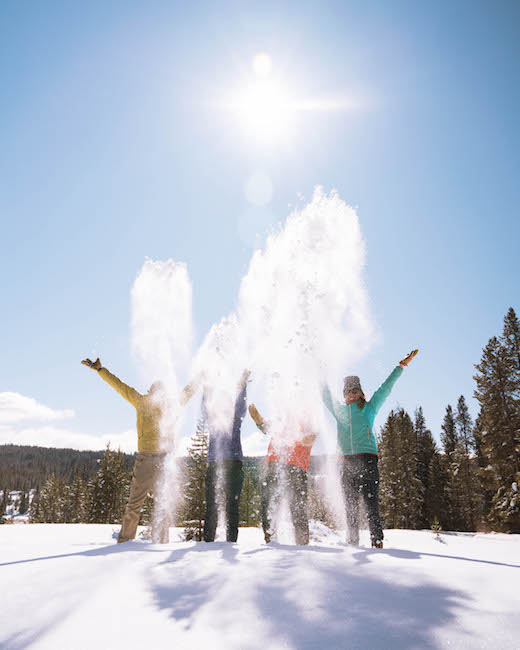
Of course, the spirit transcends organized systems of belief, too. Regardless of your religious affiliation — or lack thereof — you’re always welcome to nourish your soul and heal in nature.
As John Muir once said: “Climb the mountains and get their good tidings. Nature’s peace will flow into you as sunshine flows into trees. The winds will blow their own freshness into you, and the storms their energy, while cares will drop away from you like the leaves of autumn.”
Whether it’s a short stroll around the neighborhood, a soak in a natural hot spring or a lengthy excursion into the boundless tranquility of a snow-blanketed national park, the magic seeps in. The heart’s aches ease a bit in the mountain air. Hope and joy seem to bubble up a little closer to the surface. Even on the coldest day, sunshine on your face can truly work wonders.

